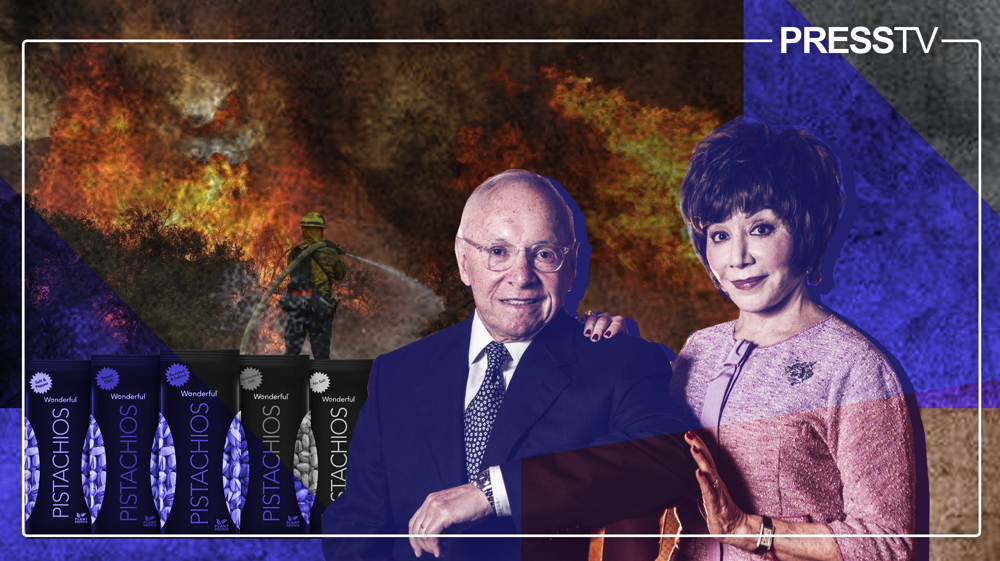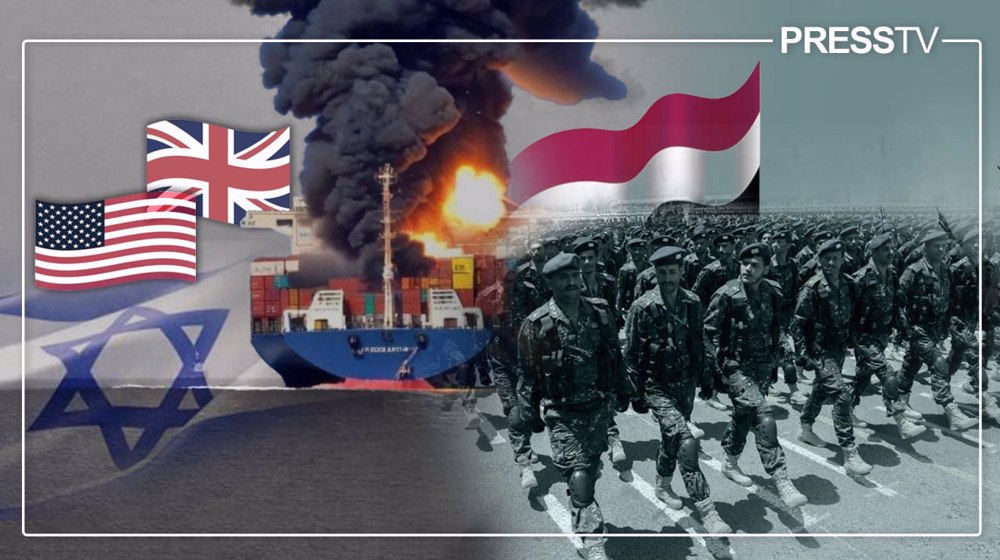Trump lost Iran (and possibly Europe, too)
By Hossein Jelveh
When President Donald Trump of the United States announced at the Diplomatic Room of the White House on May 8 that he was unilaterally withdrawing the US from the multilateral Iran deal, he may have had little idea that his impulse withdrawal would not — as he most likely expected — elicit a kneejerk reaction from Iran.
To the Iranians, when he offered to negotiate a new deal in that same speech, he sounded just as hollow and ignorant as he did when he would voice his mantra that the Iran deal is “the worst” he had ever seen. Iranians knew now, as they knew before, that it was all about Mr. Trump undoing the legacy of his predecessor, a man he hated for reasons that had to be dug out from inside Mr. Trump’s ego.
In so doing, Mr. Trump was also seen as attempting to nakedly project himself as the better “deal maker,” the “author” of “The Art of the Deal.” Except that he wasn’t. Iranians knew that, too.
Shortly after Mr. Trump’s speech, President Hassan Rouhani of Iran appeared on national television — some of his best men standing by him — speaking directly to the Iranian people.

The contrast could not have been sharper: a novice American politician at 71, Trump had gone against the best advice of the US’s European allies, Russia, China, and the United Nations — not to mention the dwindling number of adults in his own administration — to break sovereign American promises. The Iranian president, a career politician at 69, however, took the wise step of announcing that the Islamic Republic would not be breaking its promises but would consult with its partners — in Europe, Russia, and China — to calculate whether or not the Iran deal minus America would still work to benefit Iran. If, after consultations, Iran concluded that it wouldn’t, the deal would be scrapped, President Rouhani said.
It was an unemotional reaction Iran’s biggest ill-wishers didn’t see coming. One could imagine Israel and Saudi Arabia badly wanting a quick Iranian withdrawal so that the US breach would attract less attention on the world stage and that Iran would share the blame for the unraveling of the deal and any consequences that would play themselves out in the oil market and the volatile Middle East.
But a quick Iranian withdrawal did not happen. And the US and its few accomplices alone earned all the blame.
The Islamic Republic at 40
Diplomatic deliberations between Iran and its partners began soon, and the deal continues to stand for now, subject to intense diplomacy to potentially stand permanently (see further below), much to the displeasure of Iran’s worst adversaries.
In announcing Iran’s immediate decision, the Iranian president represented the Islamic Republic at its best. This Persian calendar year (February 2019 on the Gregorian calendar), the Iranian revolution that established the Islamic Republic will turn 40. The republic is as revolutionary: it continues to be resistant to America and is arguably the sole government in the region — if not the world — that does not play by America’s rules. It is also Israel’s and Saudi Arabia’s worst fear and subject to their worst grudge. But the republic is also more deliberate and mature in the way it (re)acts — characteristics, metaphorically speaking, associated with the age 40.
Of course, some internal squabbling may be inevitable in Iran. Some hard-liners may act against the common wisdom of continued unity and attempt to use what they may see as an opportunity to undermine the moderate Rouhani administration — as very few people did.
But the fact of the matter is that Iran’s very well-calibrated response and the wisdom of not immediately ending the nuclear monitoring regime enforced under the Iran deal worked to keep Europe’s trust of Iran’s non-hostile intentions and rationality, isolating Washington.
The concert of Europe
The three European parties to the Iran deal quickly regretted Mr. Trump’s decision and asserted their own will to stay in the agreement. So did Russia and China. Turkey, an American NATO ally and not even a party to the deal, offered help to sustain it.
French Finance Minister Bruno Le Maire said after Trump’s withdrawal speech and his threat to impose sanctions on third countries that the US could not be “the economic policeman of the planet.” It was an early reflection of Europe’s will to potentially go against the US’s and sustain economic transactions with Iran despite apprehensions — rooted in the past and present — that such economic relations would be constrained by domestic American regulations, something the Europeans conceivably found humiliating.
“There is a realization among all European states what we cannot keep going in the direction we are headed today whereby we submit to American decisions,” Le Maire said later on Friday, announcing that European Union states would be proposing measures to the European Commission — the executive arm of the EU — to protect their interests against secondary US sanctions.
“It’s time that European countries opened their eyes,” he said separately on Europe 1 radio.
Also on Friday, German Foreign Minister Heiko Maas told Der Spiegel magazine, “We are prepared to talk [with the US]... but also to fight for our positions where necessary.”
But what was to come next was perhaps best foreshadowed in the words of Donald Tusk, the president of the European Council, who on May 16 wrote pointedly on his Twitter page: “Looking at latest decisions of @realDonaldTrump someone could even think: with friends like that who needs enemies. But frankly, EU should be grateful. Thanks to him we got rid of all illusions. We realise that if you need a helping hand, you will find one at the end of your arm.” (Emphasis added.)

Then, on May 17, European Commission President Jean-Claude Juncker gave the biggest European response to American obstinacy.
“As the European Commission, we have the duty to protect European companies. We now need to act, and this is why we are launching the process of activating the ‘blocking statute’ from 1996. We will do that tomorrow morning at 1030,” Juncker said, referring to a law that bans European companies from complying with US sanctions and that refuses to recognize court rulings that enforce US penalties on those companies — a law that had never been used before.
That marks the biggest fissure between Europe and America in contemporary history. And America owes it to Mr. Trump’s unilateral withdrawal from a deal that Iran had negotiated in good faith and with diplomatic finesse.
Europe had previously seen the Trump White House withdrawing from other agreements. But the pullout from the Iran deal proved one step too far.
Of course, the European parties to the deal are willing to sustain it because it both benefits them economically through trade (which the “blocking statute” is designed to protect) and keeps nuclear restrictions on Iran, too. But the Islamic Republic would also be interested in continued relief from international sanctions and in benefits from international trade.
*
A day after Trump’s withdrawal, Iran’s leader, Ayatollah Khamenei, referred back to his warnings during the then-ongoing nuclear talks in 2013-15 about how the US could not be trusted even as he agreed at the time to give negotiations a chance. If the deal is to continue to stand, Ayatollah Khamenei said, the Iranian administration now had to obtain “practical guarantees” from the three European parties to the deal, which he said he distrusted as well.
Ordinary Iranians would agree. If years of arduous negotiations in good faith could be overlooked by a vindictive American president, other parties would have to guarantee that Iranian interests would not be sabotaged if Tehran is to keep upholding its end of the bargain.
The activation of the European “blocking statute” may provide those guarantees. Still, Iran has to study whether the mechanisms under that European law are strong enough. Experts from Iran and Europe have already been tasked with addressing such issues, a process that may take some time.
If the European parties ultimately prove capable of providing guarantees in one way or another and the deal stands as a win-win for Iran and Europe as a result, Mr. Trump’s US would be the only loser. Iranians are already united in rejecting negotiation with the US, something Mr. Trump seemed to not-so-secretly crave when he proclaimed himself not just “able” but also “willing” to do a new deal with Iran on May 8.
If, however, the deal will have to be scuttled, Mr. Trump will be blamed still.
Whatever happens, with its own actions, America has already proven Iran’s conviction that Washington’s word should never be taken seriously.
And, if that conviction was traditionally and mostly until now held by older Iranians, now an entire generation of young Iranians — many of whom were not even born in 1979 — hold that same view.
Europe, meanwhile, may be beginning to awaken to the core truth of that viewpoint, too.
As for Mr. Trump, by withdrawing the US from the Iran deal, he has reserved for himself a place in future history books as a perfidious president who alienated America’s strongest allies, not the “deal-maker” that he likes to think he is at present.
(The views expressed in this article do not necessarily reflect those of Press TV.)
Araghchi: Iran-Russia strategic deal step toward ‘more just world’
UNRWA unraveled amid Israel's allegations, reduced intl. support
Palestinian journalist, a Sobh Media Festival awardee, killed in Gaza hours before truce
Jan. 15: ‘Axis of Resistance’ operations against Israeli occupation
VIDEO | Fears, hope in Gaza amid intensified ceasefire efforts
VIDEO | Press TV's news headlines
Hamas: Ceasefire agreement result of steadfastness, resistance in Gaza over 15 months
Hamas thanks Iran, Resistance Front following achievement of ceasefire in Gaza










 This makes it easy to access the Press TV website
This makes it easy to access the Press TV website